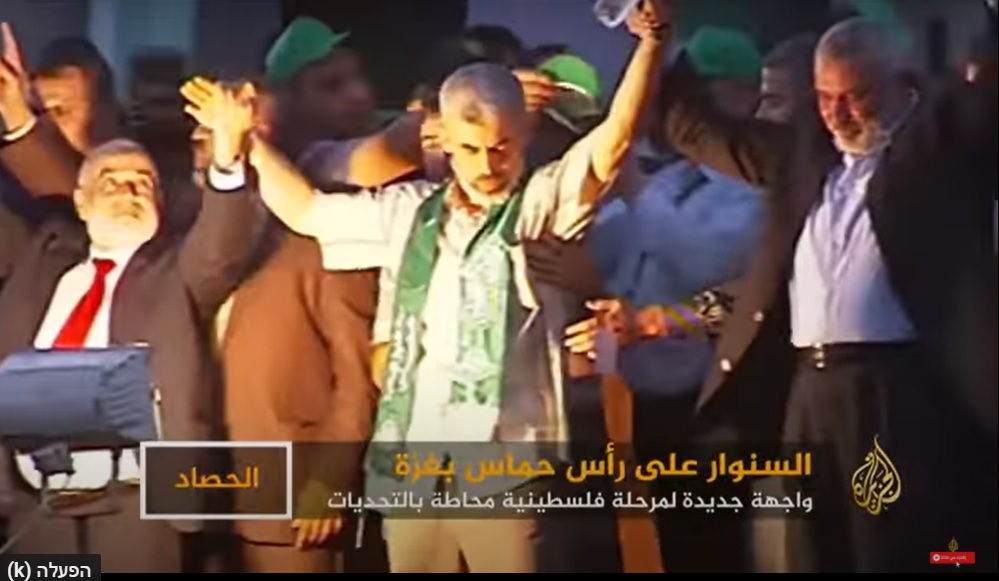Despite an extensive military operation where the IDF breached Hamas’s first line of defense, surrounded Gaza City, and initiated the purification of the security quarter, Hamas’s military power has not yet suffered a fatal blow.
However, it has failed in all attempts to force a ceasefire on Israel.
The IDF’s takeover of hospitals in Gaza City, including Shifa Hospital, where the central headquarters of the Hamas military wing is located, is a crucial task.
Shifa Hospital symbolizes Hamas’ struggle in the Gaza Strip, and its capture by the IDF holds great symbolic and moral importance.
The Hamas leadership, with around 30,000 armed terrorists, is hiding in the intricate tunnel system built underground for many years.
Hamas continues to hold Israeli hostages and launch rockets at Israel.
Senior security officials estimate that even if Israel succeeds in eliminating senior members of the Hamas military wing, such as Yahya Sinwar, Muhammad Def, and Marwan Issa, it will face a challenging battle of several months to a year.
It will need to act strongly against Hamas’ military infrastructure in the center of the Gaza Strip and in the south.
The Erosion of Hamas’ Achievements
Hamas surprised Israel by planning for a long time the attack on Israeli settlements surrounding Gaza and achieving a strategic breakthrough.
However, it failed to correctly assess Israel’s response.
The harsh and decisive Israeli military reaction will likely lead, as things stand now, to the end of its rule in the Gaza Strip and a massive humanitarian disaster for Gaza residents.
According to the Palestinian Ministry of Health, more than ten thousand people have been killed in the war in the Gaza Strip, with between 20 and 30 thousand wounded.
The conflict, according to the IDF’s estimates, is expected to last a long time.
The situation is reminiscent of the Yom Kippur War in 1973, where Egypt and Syria launched a surprise attack on Israel.
Despite a temporary setback, the IDF forces came very close to Cairo and Damascus by the end of the war.
Hamas is not yet ready to admit its mistake as long as the fighting continues, presenting an image of victory.
The deputy leader of the Hamas movement, Khalil Al-Chaya, stated in an interview with the “New York Times” on October 7 that the price of the attack was worth it.
According to him, the purpose was to make the state of war with Israel permanent, aiming to change the status quo.
Hamas attempted to destabilize the region, hoping for a permanent state of war with Israel on all borders and expecting the Arab world to stand by them.
As of now, Israel is under attack from several fronts, but the IDF is successfully dealing with all of them.
This unity is one of Israel’s biggest surprises for Hamas.
The massacre committed by Hamas in Israeli settlements adjacent to the Gaza Strip united Israeli society in an unprecedented way.
Despite some gains recorded by Hamas, Israel has already achieved an important victory: neither Hamas nor Hezbollah control any part of Israel’s sovereign land.
To neutralize most of Hamas’s achievements, Israel must achieve a clear military victory in the Gaza Strip, destroy Hamas’s military infrastructure, and assassinate the leaders of its military wing.
The war is still long and requires a concentrated and protracted Israeli political, military, and economic effort.
Israel can win not only against Hamas but also against Iran’s other affiliates, provided it maintains national unity and strategic coordination with the US.
Israel is an existing fact and will remain so; the dream of Hamas to destroy it has faded.




